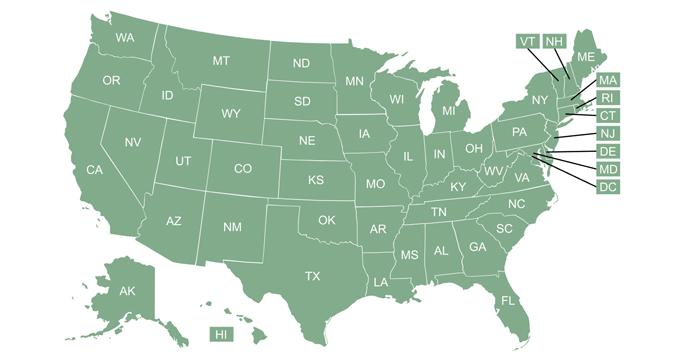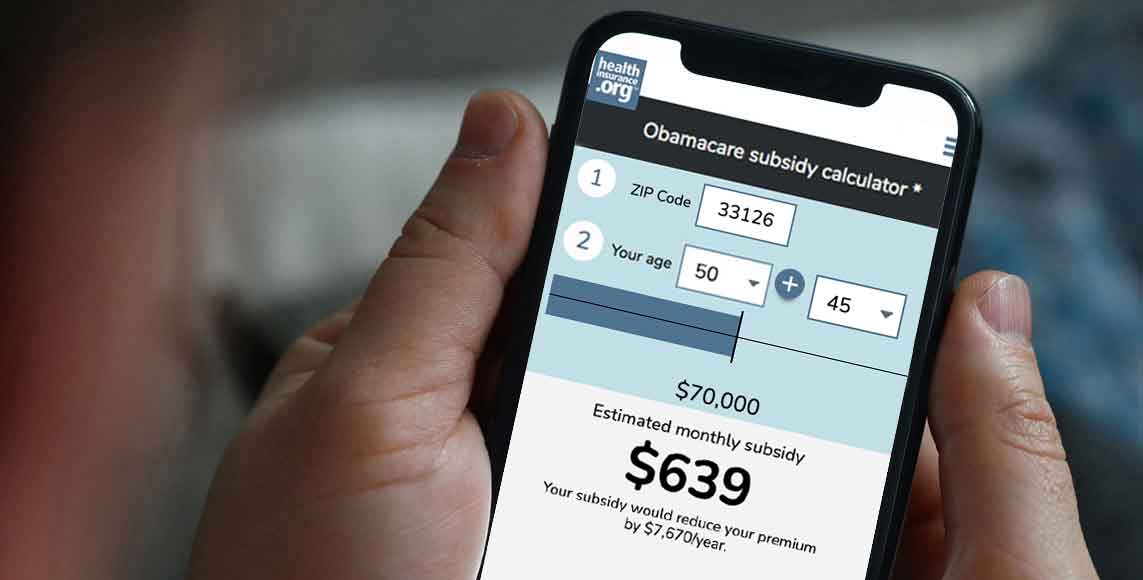Please provide your zip code to see plans in your area.
Featured

Featured

fully-insured health plan
What is a fully-insured health plan?
A fully-insured health plan refers to a group health plan in which the employer or association purchases health insurance from a commercial insurer in order to provide coverage for its employees or association members.
The employer pays premiums to the insurer (some of which are passed on to the employees via payroll deduction) in trade for the insurer taking on the financial risk associated with providing coverage and administering the plan. If an employee has a medical claim, the insurer – not the employer – is responsible for paying the bills (as opposed to a self-insured health plan, in which the employer is responsible for paying the bills).
Fully-insured health plans are subject to state insurance regulations, whereas self-insured health plans are not – they’re regulated at the federal level instead, under ERISA.
Most small group plans are fully-insured, although the percentage of self-insured small groups is rising (some are fully self-insured while others opt to purchase stop-loss insurance from a commercial insurer – to cover catastrophic losses – to supplement the self-insured plan). As groups get larger, they’re more likely to self-insure.





